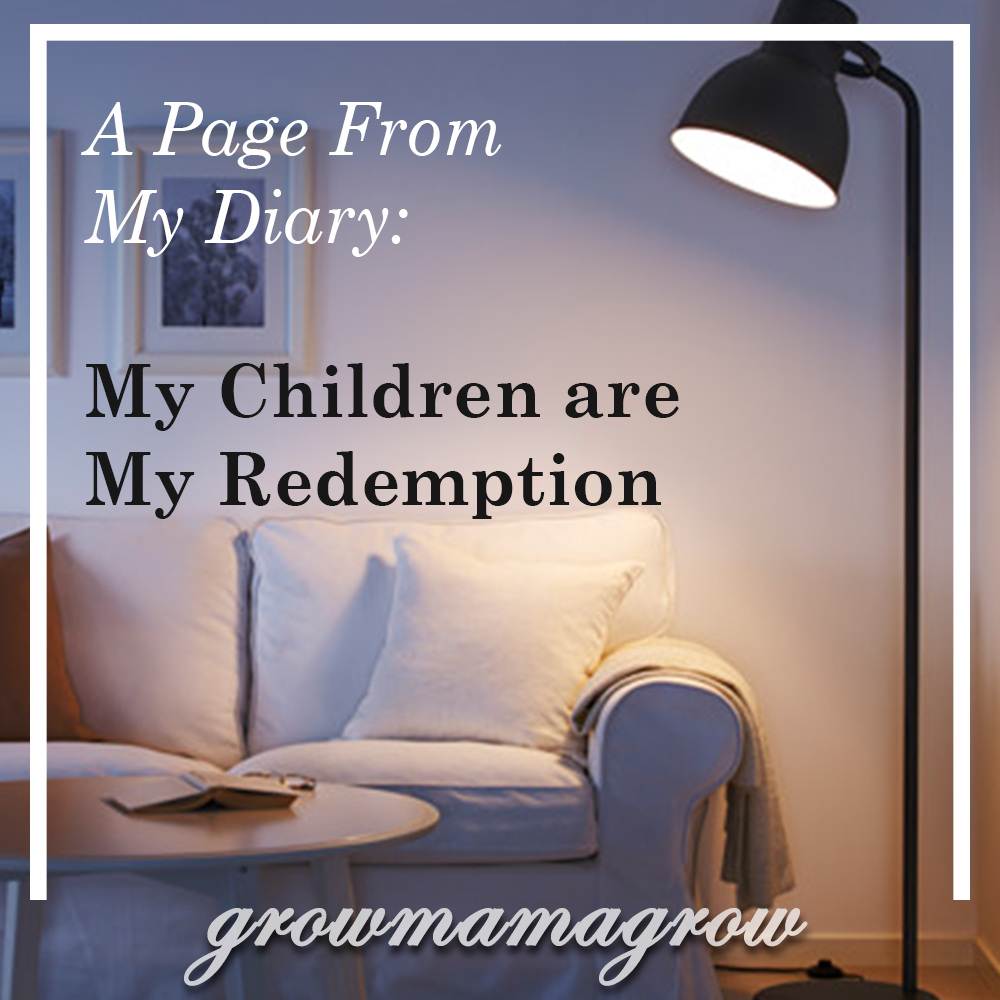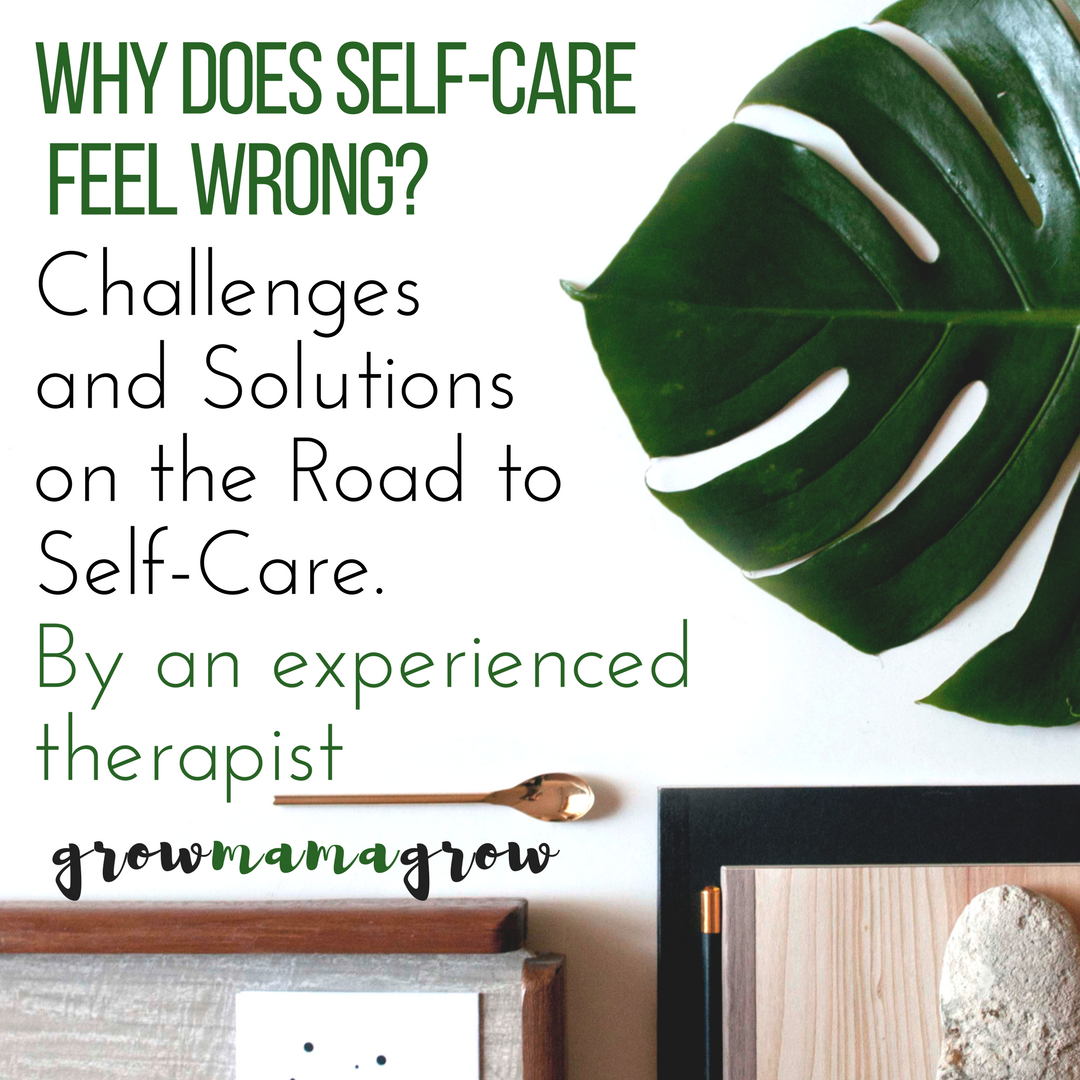If you are a parent with school-age children, you may have experienced a time when your child had a hard time with a certain subject or class at school
Sometimes, though, a child will struggle with processing different types of verbal or non-verbal information. This can indicate that a child has a learning disability. Learning disabilities typically lead to children struggling in one or more important learning skill including reading, writing or math. A psycho-educational assessment completed by a psychologist can pinpoint the specific area or areas of trouble and identify a child as having a learning disability. Learning disabilities manifest uniquely in each child and can range in severity. This can feel daunting to some families. But, fear not, there are trained professionals that can help navigate this nearea.
I don’t have school-age children, but I have been working with them as an Occupational Therapist for three years to help children with learning disabilities function at school. I often meet parents of kids who have been recently identified as having a learning disability and who are petrified of the term “disability” as it implies a child is incapable of learning. So, I’d like to explain 3 common misconceptions about learning disabilities.
Myth #1: A learning disability is an intellectual disability. Or kids identified with learning disabilities also have an intellectual disability.
This is by far the most common one. Parents often believe a learning disability means their child has a lower IQ than average (which is one criteria for an intellectual disability). But learning disability is distinct from intellectual disability. Kids with learning disabilities generally have average IQ and I have met some that are “off the charts” intelligent. I recall a child I worked with who really struggled at school, though his teacher said he must be the brightest student in the class. His biggest struggle was communicating his ideas in writing, which would obviously make it very difficult for him to do any work at school.
Myth #2: Kids with learning disabilities cannot learn the same curriculum.
Kids identified as having a learning disability learn in different styles than most other typically-developing children, but they can learn the same material in a modified way, or with accommodations. Imagine the learning process as driving from point A to point B. There are various routes to get to your destination. Unfortunately, school curricula seem to only accommodate one route of learning, and that why is most kids with learning disabilities struggle a lot in school, such as the child I mentioned above. He had had very strong verbal skills but had trouble organizing his thoughts and putting them into words using pencil and paper. In the end, we decided to provide him with a laptop at school, where he can type or use voice-to-text software to complete written work.
Myth #3: A learning disability can be “fixed” or cured.
There is no cure for a learning disability, but with proper support and appropriate accommodations or modifications to the curriculum, children can thrive and be productive students. Some therapies and interventions may also help with certain aspects of a learning disability.
The bottom line is that it’s time to bust the taboo around learning disabilities! Just remember that there are certain programs within most public schools to support your child’s learning needs such as publicly funded pyscho-educational assessments, consult with school psychologists, as well as extra academic support for your child outside the classroom.
For more info on LD: http://www.ldac-acta.ca/learn-more/ld-basics
Dima is a mother, wife and an Occupational Therapist living in Toronto, Ontario. She is passionate about working with specials needs children, and strives to ensure all children she works with find success and joy at school. When is she not working or looking after her vibrant toddler, Dima enjoys doing DIY projects, painting and trying new recipes.












